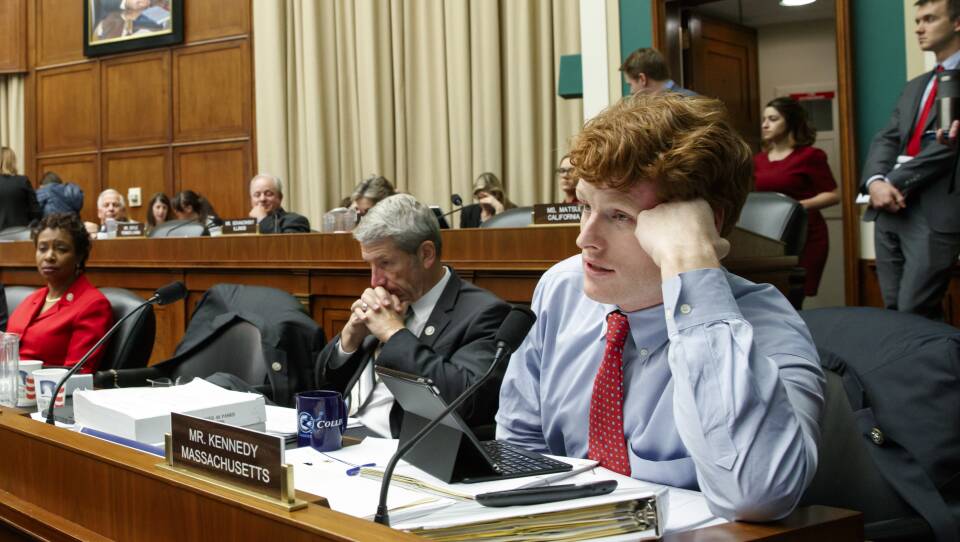Rep. Joe Kennedy III is hesitant to join the over 100 Democrats throwing their support behind two single-payer healthcare bills picking up momentum in Washington, though he agrees with the single-payer model.
“We’ve seen, over the course of the past several months, that details on policy actually matter,” Kennedy said during an interview with Boston Public Radio Thursday. “Universal healthcare is the critical component … I think single-payer is a way that we can get there, and … that’s great, but I think that the critical piece of this is ensuring that everybody gets access to quality, affordable, accessible healthcare.”
The Extended And Improved Medicare For All Act, proposed by Rep. John Conyers (D-Mich.), would establish a privately delivered, publicly financed universal health care system that would expand Medicare and provide universal access care. On Wednesday, Sen. Bernie Sanders (I-Vt.) announced a companion bill, “Medicare For All” in the Senate, also pushing for a single-payer system.
Kennedy said he agrees with the fundamental concept of single-payer, though details of the Coyners bill give him pause. “I think they are 100 percent right on the value that they are trying to enshrine in the federal law, that health care is a right in this country, not a privilege to be enjoyed by few,” Kennedy said. “There are some details, however, in that Conyers bill that I do have some struggles with, and [I’m] trying to work through a bit. If we can get there, then great, but regardless, healthcare is critically important to me, and I believe fundamentally in that principle, and we’ll keep pushing forward.”
According to Kennedy, Conyers’ bill presents risks for federal funding for women’s reproductive health procedures, including abortion. “We have something in Washington called the Hyde Amendment,” Kennedy said. “If Hyde stays in place, this bill potentially limits an ability for a woman to get constitutionally protected reproductive care. That’s a problem for me.”
Kennedy said he’s looking for answers about how the bill would be paid for, how much involvement insurance companies would have, and what types of procedures would be covered.
"You've got to discuss ... how we're going to deliver this coverage ... whether it’s going to be medically necessary procedures, or additional procedures, and whether we allow for additional insurance plans to cover some things, or not," he said.
"How are you going to pay for it? That’s a critical piece to this debate that we need to also understand,” Kennedy continued. “There are some questions here that I think we have to work our way through before I wholeheartedly jump on that deal.”
To hear Rep. Joe Kennedy III’s full interview with Boston Public Radio, click on the audio player above.





